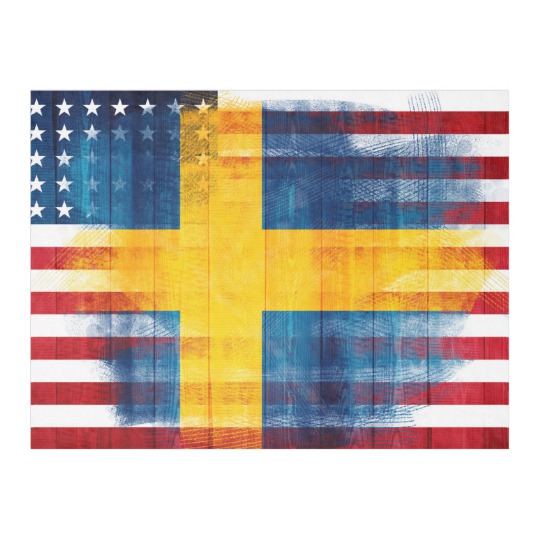
Rutabaga, or swede, as the Brits call it, is not the only Swedish import into English (originally rotabagge, a dialect word from Västergötland), moped and ombudsman being a couple of examples. And because English and Swedish tend to share a number of lexical similarities and near cognates, translators working in this combination should always be vigilant when dealing with this language pair.
A glaring example – and quite an eye opener a couple of weeks ago as I was working on a text filled with quotations in Swedish – is the idiom att falla mellan stolarna or att falla mellan två stolar, which conveys the idea of shirking responsibilities or passing the buck. Confusingly, the English cliché fall between two stools looks awfully similar, but ay, there’s the rub. In English it means to fail to reconcile two conflicting courses of action. Apparently not so på svenska.
To make matters worse, other Scandinavian languages, seem to agree with the English meaning. At falle mellom to stoler in Norwegian does actually mean to fall between two stools and the expression seems to date back to the 14th-century Danish scholar Peder Laale, who apparently was so keen on proverbs that he collected a whopping 1200, including ” Mellom thwo sthoolæ faller artz paa iordhe” as it was spelled in medieval Danish. Modern Danish has sætte sig mellem to stole, which means to put oneself in an awkward situation. Again. quite close to the English meaning.
So why has Swedish taken a detour? Not sure. But it goes to show that as a translator, you should never let your guard down and if you don’t want to appear gullible, do your research first, or else you may end up spending the rest of your days eating rutabaga.

